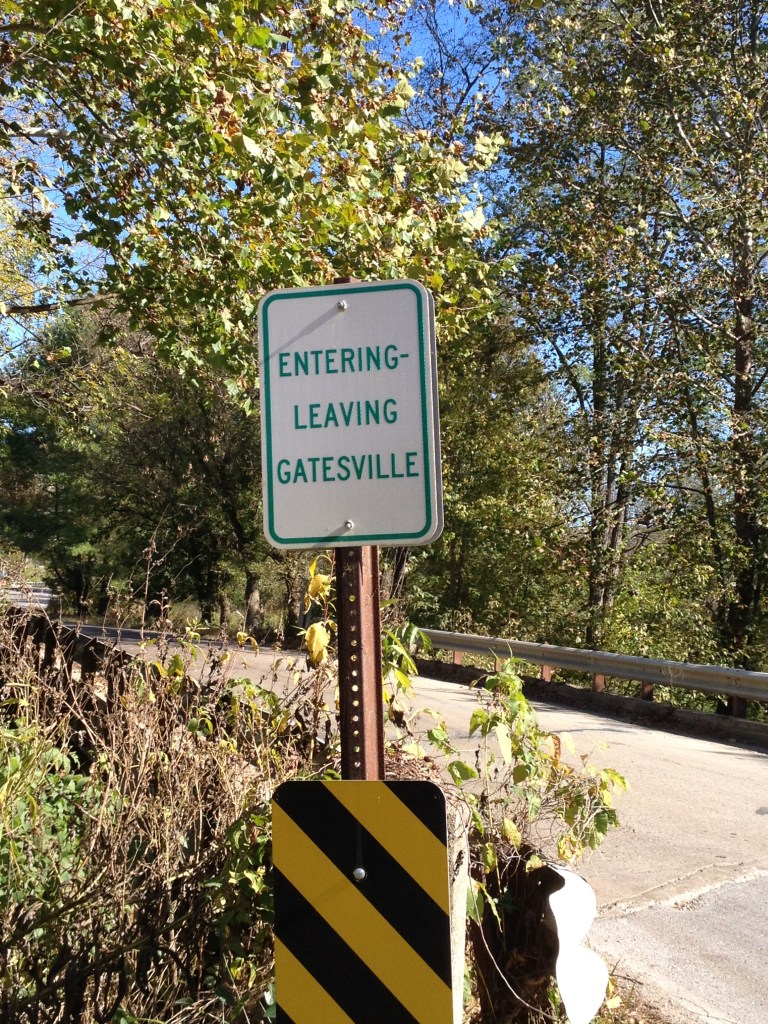Fortnight – Day2: Virtue
October 21, has been designated Global Ethics Day by the Carnegie Council for International Affairs. It’s a good and timely thing to give attention to virtue as we approach the selection of leaders in our nation. In this fortnight we reflect on virtue or ethics. What is “the best” way forward? What values, principles, intentions should be reflected in our personal and corporate actions? Where do we see evidence of the good, the true and the beautiful?
Virtue is born of our deepest beliefs, values, attitudes and desires. It finds expression and shape in our habits, our learned behaviors as these are repeated over and again until they are taken-for-granted as the “right” way. In this second fortnight post, we focus on the care that needs to be given in challenging what some believe is to be normative. I would ask, where is the virtue of immigrant children who have been separated from parents? What is valued in the denial of climate change? Should wearing a mask be a political statement when others may face harm by a neglect? Can any ethical person, let alone a Christian person, ignore the value of the health and well-being of another?
Aren’t these critical questions for all persons of faith — who is my neighbor? — how shall I therefore live my life? Will deception or lie be seen as normal? Will perpetual shading or spinning of the truth, or “gas lighting” (offering false stories) become appropriate for our leaders?
Aristotle offered four virtues: prudence, justice, temperance and fortitude. These have become known as the “cardinal virtues.” The church later added the three “theological virtues:” faith, hope and charity (from I Corinthians 13). These became “the seven virtues.” Others have said virtue is evidenced in that which is good, true and beautiful. Okay — nice overview — but how will we therefore live? And what is the test for these seven virtues or this this triad? How will we know the good, the true, the beautiful?
Few ethicists have shaped my thoughts more than Glen Stassen. He spoke of the guidance offered in the Sermon on the Mount where over and again Jesus points to the fruit borne in lives well-lived. In his work Living the Sermon on the Mount he writes: “I am suggesting that even though we do not know all there is to know, and we do not have the certitude of a universal viewpoint, we can see within our own history what kind of ethic comes through, which is truer because of the fruits it bears.” The theme throughout the Sermon on the Mount is “doing,” “producing,” “acting.” Here is joy and deliverance from deceit. (See Living the Sermon on the Mount, pp. 192-199).
Ivan Illich spoke of virtue as the “habitual facility of doing the good thing.” With a sharp and critical eye on our institutions (schools, hospitals, church and our politics), Illich notes a failure to accomplish primary stated purposes. Other values, he suggests, are given preferred over that which is truly the good. The love of neighbor is somewhere lost in the maze of social interaction. Some are excluded. “No category, neither law or custom, language or culture can define in advance who the neighbor might be.” (see David Cayley’s The Rivers North of the Future, p. 30). Illich often points to the parable in Luke’s Gospel spoken of as “The Good Samaritan.” It is the “expert in the law” who says he has kept all the customs and rules who challenges with “And who is my neighbor?” There is a rupturing of traditional categories in the answer Jesus gives. There is a call to conversion, to change.
Theologian Nancy Bedford calls on Christians “To Speak of God from More than One Place.” When leaders are reluctant to speak against White Supremacy or suggest that other nation’s and peoples are to be disrespected, there is an effort to link God’s purposes to my small, small world of my self interest… to my unwillingness to share. There is a signpost along a country road not far from my home. I chuckle each time I pass. It simply reads “Entering-Leaving Gatesville.” A single sign, same message, front and back, all on one post. For many, the reach of virtue, of ethical concern, begins and ends in one place.
The folks of Gatesville are lovely people I suspect. They clearly have a good sense of humor an perspective. This is important. Sadly, when awareness and care for the neighbor is lost, when our beginning and ending is at the edge of our own skin and ego, then we lose an ability to know the gifts we are offered in community, in diversity, in journeying to new understandings.
When thinking about practical virtues of in daily life, I am also helped by folks like Shirley Duncanson, a retired United Methodist pastor in Minnesota. Her posts in “A Pastor’s Heart: Thoughts on Life and Faith” offer clear and practical assistance. Writing on “Recovering Christian Ethics in an Age of COVID-19,” Rev. Duncanson offers cites the work of Barbara Brown Taylor’s pastoral experience in wise counsel: “The only way out of a pandemic is by all of us working together . . . Each of us doing our part . . . Each of us caring for people around us . . . Each of us using the means available to us to protect one another . . . Each of us holding tight, (in our hearts) to one another . . . And all the while, making sure that no one, but no one, is left behind.” (see: https://shirleyhobsonduncanson.com/tag/barbara-brown-taylor/).
+++++++++++
“Love does no wrong to it’s neighbor; therefore, love is the fulfillment of the law.” Romans 13:10.
++++++++++++
Poem by Linda Ori, 2004
The Time of Truth The time is now Let change begin, Blend heaven and earth In an endless spin, Wherever you're going, Wherever you've been Now change your direction And travel within; The time is now To take a good look Examine your life And the roads that you took, From cover to cover You've written your book Did you swim in the river Or sleep by the brook? The time is now Get your head on straight No more indecision To love or to hate, Since you are the author Don't blame it on Fate, Take control of your future Before it's too late.




Phil, thank you for your generosity in sharing these moving and eloquent thoughts. Always the pastor, you are, which leaves those of us who are able to draw on your wisdom feeling happy and blessed. Sarah Barker
LikeLike